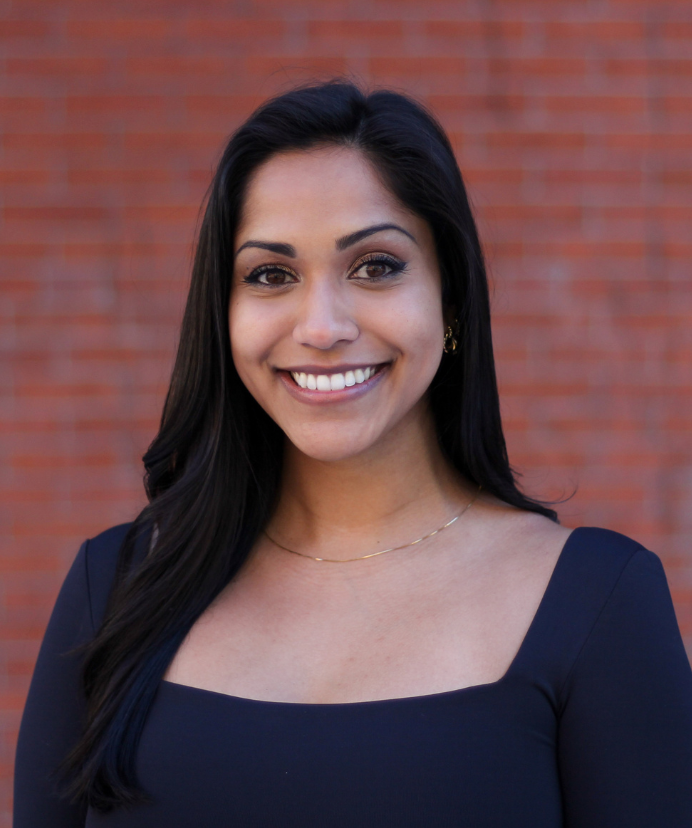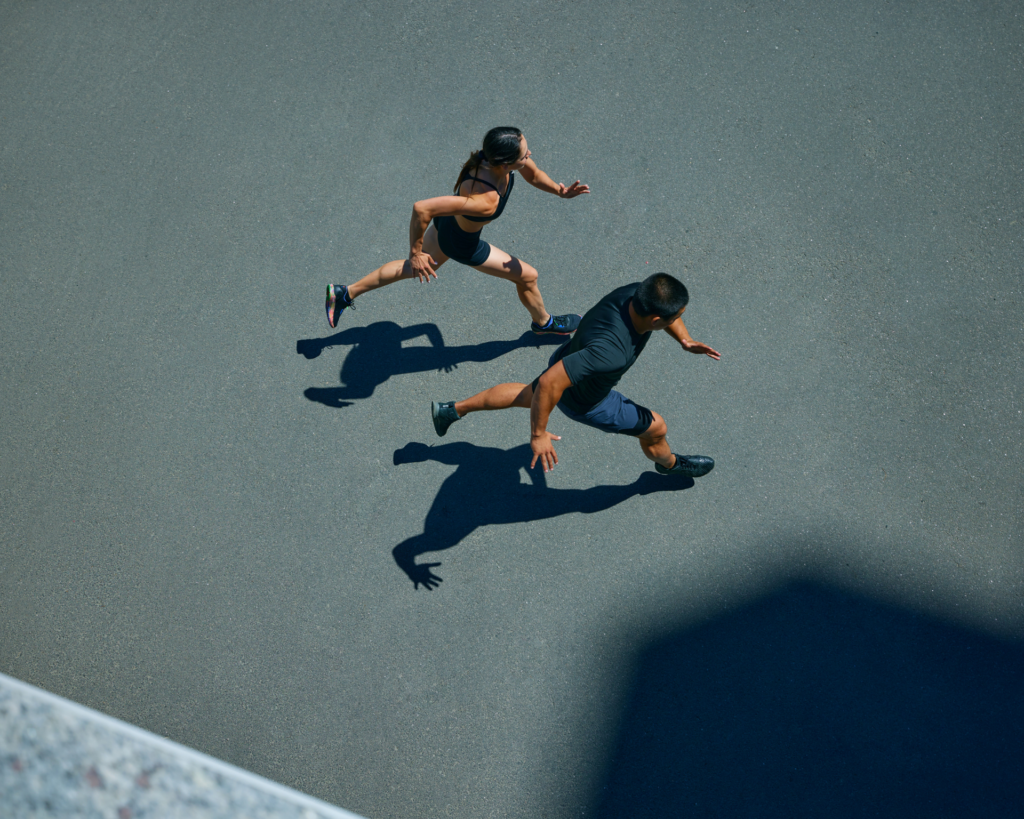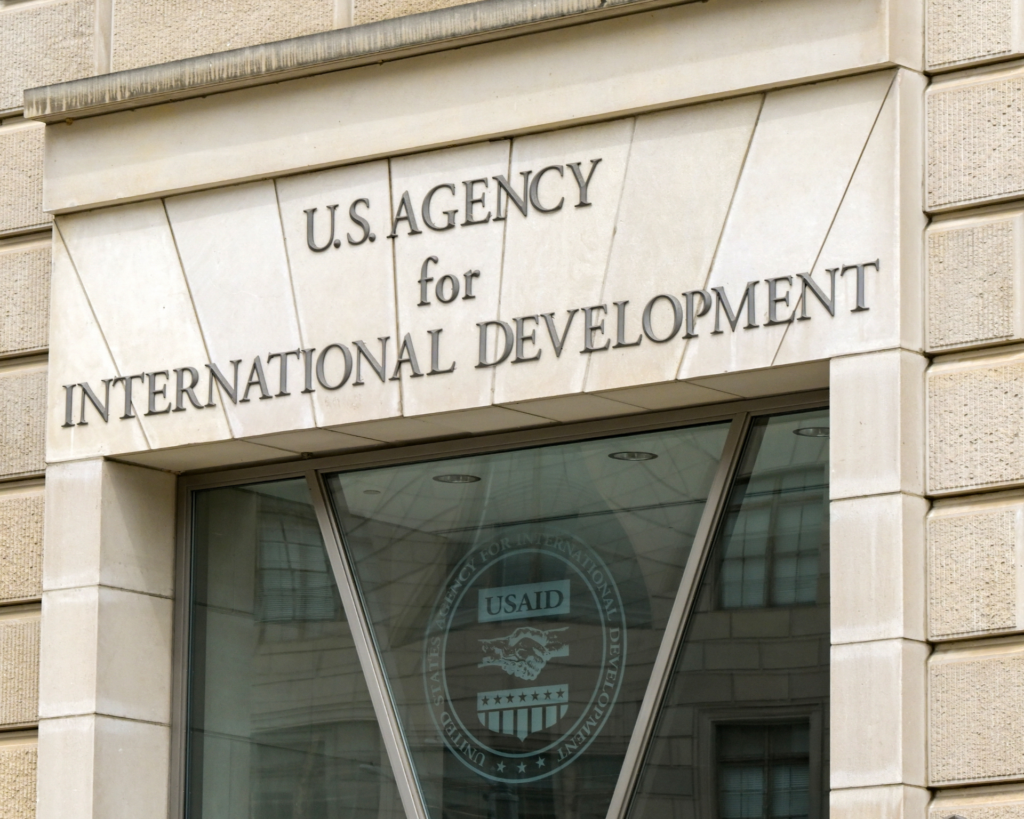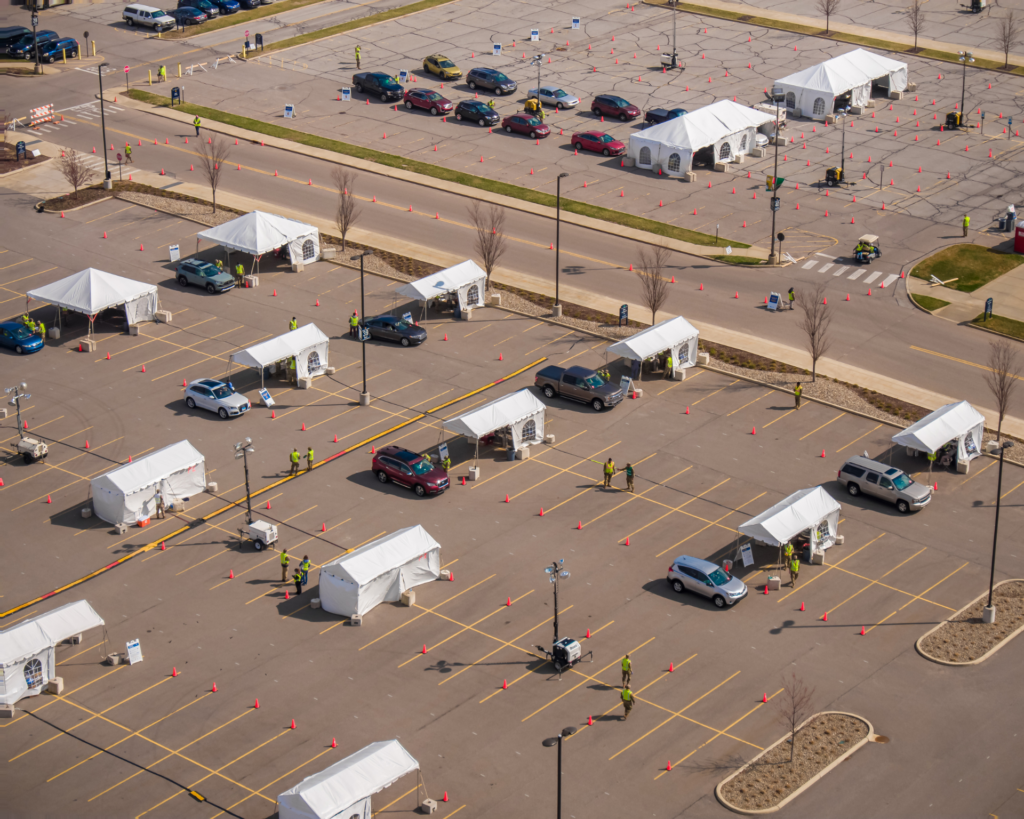The I in TEAM
Though rugged individualism can breed innovation, it has fostered a society that fiercely opposes — even fears — collectivism.

Read Time: 4 minutes
Published:
When I was in high school, my soccer coach told me that the best players are the ones who make those around them better. I remember thinking that was strange. Didn’t the best players score the most goals and play the most minutes? He must have meant that the best players are so good in their sport that they “change the game.”
At the college level, I found myself fighting for varsity playing time. I did extra running sessions and stayed late after practice to sharpen my foot skills and execute precise passes — with both feet, and near points of exhaustion — to be that game-changer. I had a vision of starting a night game under the lights, a moment when I became a performer and the field turned into a stage. I was convinced I would achieve my dream if I worked hard enough.
America was founded on “rugged individualism,” the idea that individuals alone can propel themselves to prosperity. During westward expansion, with the appeal of the unknown becoming a new home, American frontier maps underwent frequent revisions. At that time, individualism was a survival skill. But today that survival stance has hurt our sustenance, to the point where it threatens the health of Americans, both individually and collectively. Essentially, rugged individualism is the anthesis of civic culture (trust, cooperation, the public good) and has culminated to a distrust in science, which to some seems to dictate inexplicable rules and diminish personal choice or opinion.
Though rugged individualism can breed innovation, it has fostered a society that fiercely opposes — even fears — collectivism.
Though rugged individualism can breed innovation, it has fostered a society that fiercely opposes — even fears – collectivism. The United States is among the top high-income nations yet has among the highest number of Covid-19 deaths. Collectivist attempts during the pandemic — mask and vaccination mandates — have faced great opposition as threats to personal liberty. Why should I pay higher taxes for healthcare if I’m healthy, or get the vaccine if I don’t trust it?
Our country’s public health infrastructure is glaringly inadequate. Othering certain groups has resulted in structural inequities resembling individualistic culture. Every state government operates independently. Dr. Ashish Jha, the dean of the Brown University School of Public Health, told Vox “The right answer is not that we need better governors — the right answer is we need a different structure and a better federal government.”
Other countries have been more successful in mitigating Covid-19 by collectivist means. Australia and New Zealand, both countries with universal healthcare, followed pre-pandemic and were able to adequately support citizens during lockdowns via government aid and readily available testing measures. Both countries had a history of severe oppression of minority racial groups (as does the U.S.), but made space for their indigenous peoples by signing a collaboration arrangement to include indigenous people in policy formation. Such formal inclusion of marginalized groups in government has yet to occur in the U.S.
Though my soccer career is over, I’ve noticed how similar society looks to the field. Individuals are relentless in getting to goal — head down, fixated on the ball — sizing up opponents, creating a world of “us vs. them.” In blind competition, people neglect to look up and see the other players on the field, see how they might learn from the people around them, how they might help other players in trouble, how they might achieve more together than they could on their own.
The funny thing is, I don’t even remember when I started my first game under the lights. But I do remember that the lights weren’t as bright as I hoped they would be. The more I grew as a player, the more I realized that my success depended on the people around me. It depended on the team. Though I earned my starting spot, my goal was to be a great teammate and make the people around me better, because it made me and the whole team better. The best athlete isn’t just the best player or the best teammate, but the one who can do both. That’s how best players change the game.
Covid-19 has made clear one ongoing challenge to public health leaders: to convince society that individualism and collectivism can co-exist, that the improved health of one, especially the marginalized and the oppressed who live among us, can lead to the better health of all.
Photo via Getty Images



